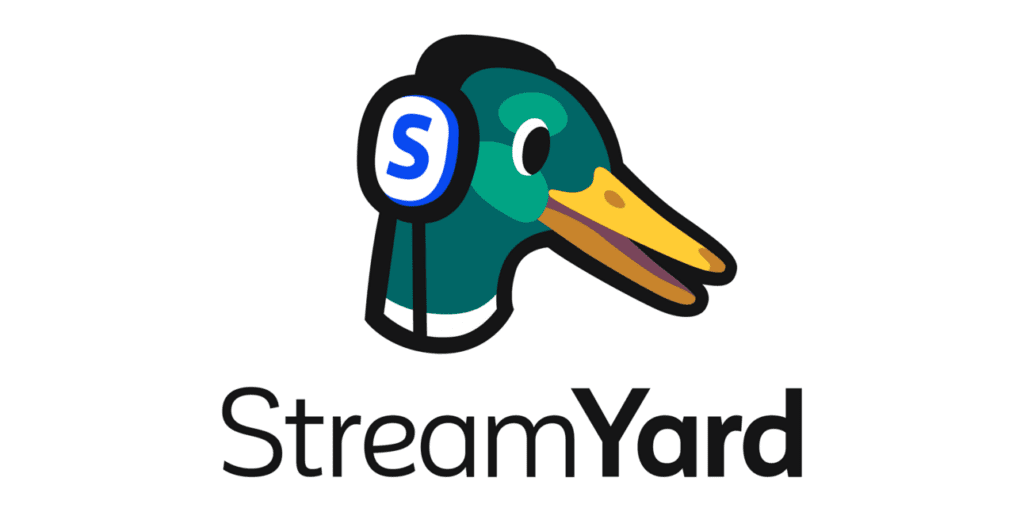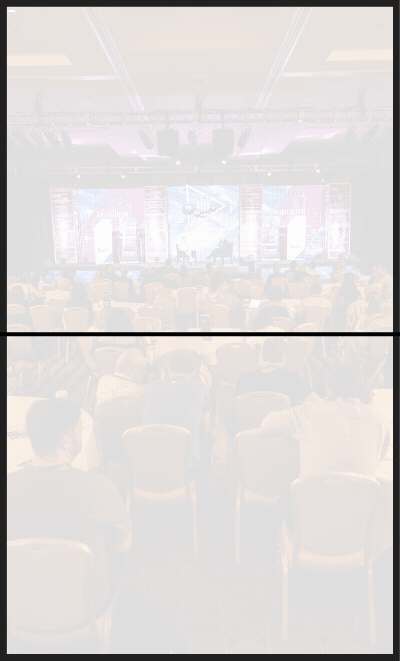
Presented by StreamYard
The difference between the right word and the almost right word is the difference between lightning and lightning bug.
Mark Twain
Overcoming Podcast Gear Acquisition Syndrome
The idea of Gear Acquisition Syndrome (GAS) was brought to my attention on a call with the amazing Bob Krist (photographer and filmmaker) a few years back. Here’s the gist: We distract ourselves from the delayed gratification of doing the work by focusing instead on the easier, instant gratification of shopping for, and acquiring, new gear.
Sound familiar?
Daniel J. Llerena wrote a great article about GAS as it relates to his life as a musician. “According to neuroscientist Joshua Sariñana (2023), GAS can significantly alter our brain’s reward and stress systems. The act of acquiring new gear, whether it be a musical instrument, a piece of camera equipment, or a kitchen gadget, can serve as a coping mechanism to alleviate anxiety.”
He continues, “The anticipation of acquiring new gear triggers the release of dopamine, a neurotransmitter associated with pleasure and reward, in our brains. This dopamine release can create a temporary high, a feeling of euphoria that makes us feel good. However, like any high, it’s temporary. Once the dopamine levels drop, the feeling subsides, leaving us craving for more. This can lead to a cycle of continuous buying to recreate this feeling, a hallmark of GAS.”
A podcaster’s life is rife with distractions, especially when new, shiny gear drops on our radar at an alarming (albeit exciting) rate.
But how well do you really know the gear you have?
By focusing on mastering what’s in front of us, we bring our attention to the here and now, rather than perpetually projecting ourselves into a “better” future where we have the latest microphones, pre-amps, and all those other electronic goodies. Gear is simply a tool. It’s our creative problem-solving that we should upgrade often.
Signal Flow: Lee Adams
Industry game changers and valiant minds from other creative professions share their wisdom, adversities, and paths to innovation.

Lee Adams is an award-winning Los Angeles-based documentary filmmaker and journalist with over a decade of experience creating dynamic, engaging, and thought-provoking content. Best known for his work in front of the camera at VICE in a groundbreaking series he created called Minority Reports, Lee has continued his work as a storyteller in audio, producing the Luminary Original podcast The Midnight Miracle hosted by Dave Chappelle, Yasiin Bey and Talib Kweli. You can see all of his work at leeadams.nyc.
Hey, podcasters and content creators! Level up with StreamYard, your go-to for live streaming and podcasting. Simple, powerful, stable and easy to use. Best part? No hidden fees, no trials – just pure creative bliss. Ready to captivate your audience? Dive in, sign up free today!
Further Exploration
This week’s recommendation comes from Matt McGinley (interviewed in the last issue). Behold a resource of emotional and practical guidance for creative people, published by Kickstarter.
Want Free Feedback on Your Podcast Trailer?
I’ll select a trailer every month to provide free, in-depth feedback. Sound like something you’re interested in? Subscribe to the Noise Gate so you can reply to the next issue with a link to your trailer. I’ll let you know soon if you’ve been selected.
Enjoying The Noise Gate? Why not share it with a fellow podcaster?
Until next time, have a bold week.
– Doug
For advertising information, contact Kristy at kristy@podcastmovement.com





Join the Movement